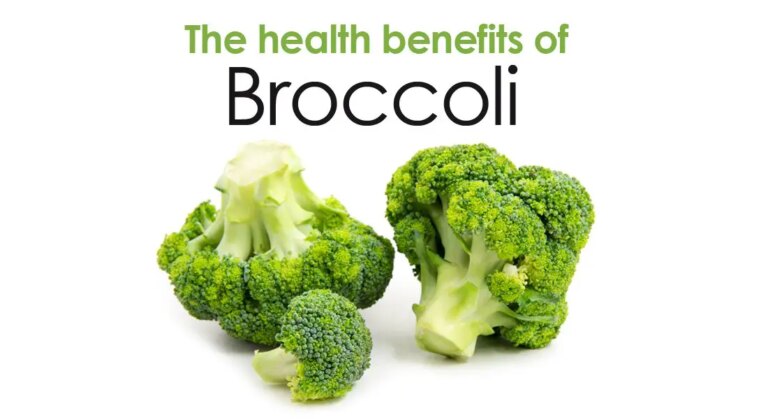More Fruit and Vegetables, Less Stress
It turns out that all of the advice to eat more fruits and vegetables doesn’t just benefit your physical health; it improves your mental health, too! An Australian study has found a link between eating more fruits and vegetables and reduced stress levels. (1, 2)
The Australian research team aimed to explore the connection between a person’s intake of fruit and vegetables and their perceived stress. They administered a dietary intake through a food frequency questionnaire to 8,689 Australian men and women. Then, the researchers evaluated the participants’ stress levels with a perceived stress questionnaire. (2)
The results of the study point to an association between how many fruits and vegetables a person eats each day and their stress level. Participants who consumed at least 470 grams of fruit and vegetables each day reported 10% lower stress than those who ate less than 230 grams. (1, 2)
Why Fruit and Vegetables Affect Stress
Simone Radavelli-Bagatini, the study’s lead researcher and a PhD candidate at Edith Cowan University’s Institute for Nutrition Research, spoke about why a higher consumption of fruit and vegetables might improve stress levels. “Vegetables and fruits contain important nutrients such as vitamins, minerals, flavonoids and carotenoids that can reduce inflammation and oxidative stress, and therefore improve mental wellbeing,” Radavelli-Bagatini said. “Inflammation and oxidative stress in the body are recognised factors that can lead to increased stress, anxiety and lower mood.” (1)

While experiencing some stress is normal, chronic stress can lead to mental health problems, as well as other health issues. “Long-term and unmanaged stress can lead to a range of health problems including heart disease, diabetes, depression and anxiety so we need to find ways to prevent and possibly alleviate mental health problems in the future,” Radavelli-Bagatini said. (1)
Since stress has such a profound effect on overall health, it’s important to continue seeking ways to alleviate this burden for so many people in the modern age. Radavelli-Bagatini believes these results promote the need for continued research into how diet affects mental health and which fruits and vegetables have the greatest impact on stress. (1)
Lower Stress by Increasing the Fruit and Vegetables in Your Diet
Even when you know the benefits of certain foods, it can be challenging to make long-term dietary changes. Follow these tips to help incorporate the recommended 470 grams daily of fruit and vegetables in your diet that research has associated with lowered stress levels. (1, 2)
Track Fruit and Vegetables
While you’re building the habit of eating 470 grams of fruit and vegetables each day, try tracking your produce intake in a notebook or on your phone. Look up the average weights of common fruits and vegetables, add them together in your tracker, and try to meet your goal of 470 grams. Eventually, eating that much produce may become more natural, and you can stop tracking your consumption of fruit and vegetables.

1-2-3 Approach to Fruit and Vegetables
Another way to make sure you’re eating enough produce is to take the 1-2-3 approach to fruit and vegetables. This approach involves eating: (3)
- 1 serving of fruit or vegetables with breakfast
- 2 servings with lunch
- 3 servings with dinner and snacks
You can think of a serving of produce as about the same size as your fist. When you utilize these methods to pack more fruits and vegetables into your diet, you’re likely to begin feeling the effects of lowered stress, just like the participants in the study! (1, 2, 3, 4)
Sources:
- https://www.sciencedaily.com/releases/2021/05/210513100030.htm
- https://www.clinicalnutritionjournal.com/article/S0261-5614(21)00192-8/fulltext
- https://www.mayoclinichealthsystem.org/hometown-health/speaking-of-health/123-approach-to-eating-fruits-and-vegetables
- http://www.fao.org/english/newsroom/focus/2003/fruitveg2.htm




















